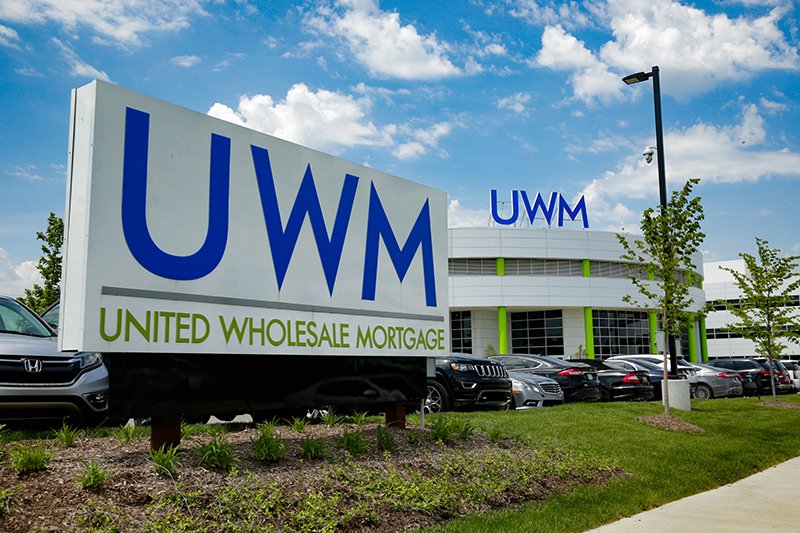Advertisement
Twelve-Year Fugitive Finally Nabbed in Foreclosure Rescue Scheme

A former Los Angeles resident, who fled to Canada and was a federal fugitive for 12 years, has pled guilty to aggravated identity theft and bankruptcy fraud in connection with leading a nearly 15-year foreclosure-rescue scam that fraudulently postponed foreclosure sales for more than 800 distressed homeowners, announced Christy Romero, Special Inspector General for the Troubled Asset Relief Program (SIGTARP); Acting Assistant Attorney General Mythili Raman of the Justice Department’s Criminal Division; U.S. Attorney for the Central District of California André Birotte Jr.; and U.S. Attorney for the Northern District of California Melinda Haag.
Glen Alan Ward pleaded guilty in connection with three separate sets of charges in the Central and Northern Districts of California, all stemming from Ward’s 15-year fraud. In 2000, Ward became a federal fugitive when he failed to appear in court after signing a plea agreement, which arose out of federal charges in 2000 in the Central District of California related to Ward’s early conduct in the scheme. In 2002, Ward was indicted on multiple counts of bankruptcy fraud in the Northern District of California for continuing the scheme in and around San Francisco. On Aug. 17, 2012, Ward was indicted on mail fraud, aggravated identity theft, and additional bankruptcy fraud counts in the Central District of California after fleeing to Canada and continuing his fraud from there. While in Canada, Ward recruited Frederic Alan Gladle, who was indicted in the Central District of California for bankruptcy fraud and identity theft in 2011, and was sentenced in 2012 to 61 months in custody for engaging in similar conduct.
On April 5, 2012, Ward was arrested in Canada by the Royal Canadian Mounted Police and the Waterloo Regional Police Service based on a U.S. provisional arrest warrant. On Dec. 21, 2012, Ward was extradited to the United States to answer all three sets of charges.
“With Ward’s plea, justice is served for the victims of Ward’s long-running bankruptcy fraud scheme,” said Christy Romero, Special Inspector General for TARP (SIGTARP). “While on the run for 12 years and having fled to Canada to avoid answering for earlier charges of bankruptcy fraud, Ward continued to victimize hundreds of struggling homeowners, steal the identities of unsuspecting U.S. taxpayers involved in bankruptcy proceedings, and exploit civil protections under bankruptcy law to defraud lenders, including numerous TARP recipients. SIGTARP and our law enforcement partners will continue to ensure that those responsible for fraud related to TARP are brought to justice and answer for their crimes.”
According to the plea agreement filed before U.S. District Judge Dale S. Fischer in the Central District of California, Ward admitted to engaging in a fraud scheme that took place from 1997 to April 5, 2012, the day he was arrested by Canadian authorities. According to the plea agreement, Ward led a scheme that solicited and recruited homeowners whose properties were in danger of imminent foreclosure. Ward promised to delay their foreclosures for as long as the homeowners could afford his $700 monthly fee. Once a homeowner paid the fee, Ward accessed a public bankruptcy database and retrieved the name of an individual debtor who recently filed bankruptcy. Ward admitted that he obtained copies of unsuspecting debtors’ bankruptcy petitions and directed his clients to execute, notarize and record a grant deed transferring generally a 1/100th fractional interest in their distressed home into the name of the debtor that Ward provided. Then, after stealing the debtor’s identity, Ward faxed a copy of the bankruptcy petition, the notarized grant deed and a cover letter to the homeowner’s lender or the lender’s representative, directing it to stop the impending foreclosure sale due to the bankruptcy.
Because bankruptcy filings give rise to automatic stays that protect debtors’ properties, the receipt of the bankruptcy petitions and deeds in the debtors’ names forced lenders to cancel foreclosure sales. The lenders, which included banks that received government funds under the Troubled Asset Relief Program (TARP), could not move forward to collect money that was owed to them until getting permission from the bankruptcy courts, thereby repeatedly delaying the lenders’ recovery of their money for months and even years. In addition, if a distressed homeowner wanted to complete a loan modification or short sale, they were left to the mercy of Ward to send them forged deeds, supposedly signed by the debtors, to re-unify their title as required by most lenders.
As part of the scheme, Ward delayed the foreclosure sales of approximately 824 distressed properties by using at least 414 bankruptcies filed in 26 judicial districts across the country. During that same period, Ward admitted to collecting more than $1.2 million from his clients who paid for his illegal foreclosure-delay services, all of which he has agreed to forfeit.
Each count of bankruptcy fraud carries a maximum sentence of five years in prison.
Aggravated identity theft carries a two-year mandatory sentence, to run consecutive to any other sentence. Ward will be sentenced on July 29, 2013 before United States District Judge Dale S. Fischer, and will continue to be held without bond.
About the author





